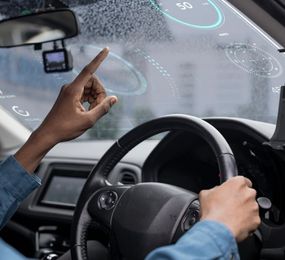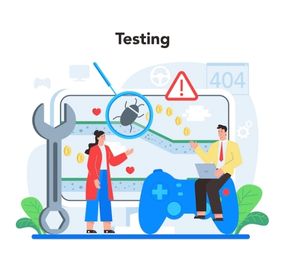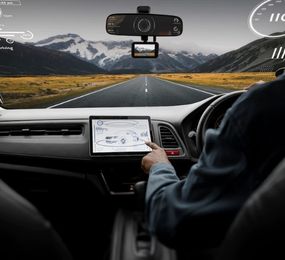Top Cyber Threats Facing Connected and Autonomous Vehicles
Connected and autonomous vehicles (CAVs) rely heavily on software and network connectivity, making them increasingly vulnerable to cyberattacks. These threats can compromise vehicle safety, data privacy, and overall transportation infrastructure.
One of the most critical threats is remote hacking, where attackers gain unauthorized access to vehicle systems from a distance. This can enable them to manipulate critical functions such as steering, braking, and acceleration, potentially leading to accidents and loss of life.
Malware and ransomware attacks also pose a significant risk. Infected software can disrupt vehicle operations, steal sensitive data, or demand ransom payments. The interconnected nature of CAVs allows malware to spread rapidly across entire fleets, causing widespread disruption.
Data breaches are another major concern. CAVs collect vast amounts of data, including location information, driving habits, and personal details. If this data is compromised, it can lead to privacy violations, identity theft, and even physical harm.
Spoofing attacks can deceive a vehicle's sensors, such as GPS or lidar, into perceiving false information. This can cause the vehicle to make incorrect decisions, such as driving off course or failing to detect obstacles.
Denial-of-service (DoS) attacks can overwhelm a vehicle's communication systems, preventing it from receiving critical updates or communicating with other vehicles and infrastructure. This can disrupt traffic flow and create hazardous situations.
Addressing these threats requires a multi-faceted approach, including robust cybersecurity measures, secure software development practices, regular security updates, and collaboration among industry stakeholders.
Visit our website to know more: https://www.leadventgrp.com/events/automotive-cyber-security-forum-1/details
For more information and group participation, contact us: [email protected]
Leadvent Group - Industry Leading Events for Business Leaders!
















